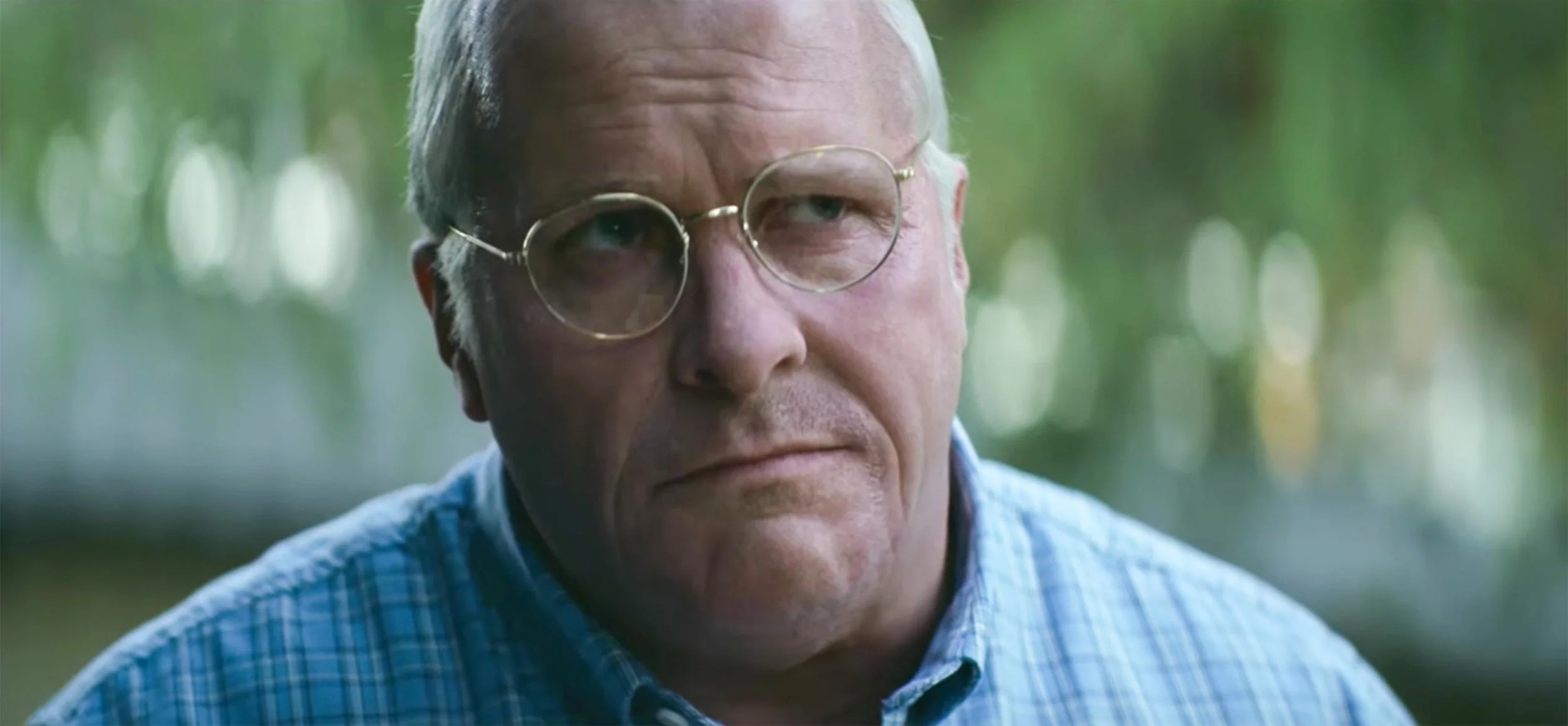The first time I saw Asteroid City, it was a disaster. I couldn’t connect with a single character. Each one felt like a collection of quirks hiding the fact that there was nothing below the surface. The story-within-a-story-within-a-story structure was too clever by half. After that first screening, I was ready to write off Wes Anderson’s latest effort as demonstrating a peak example of the idiosyncratic director’s style, but with none of those touching, emotionally charged moments from his previous works.
On the morning I was supposed to hammer my thoughts about the movie into a proper review, I decided to be lazy. A poor night of sleep and the siren song of the comfortable bed in the quiet early morning hours convinced me to bank more shuteye. It was the best decision I could have possibly made.
Read more…
We all have that acquaintance, friend, or family member who use their Facebook profile solely to antagonize members of their social circle whom they consider their political enemies. These are almost always people who would never do the same thing in a face to face setting. They like to “start shit,” but from the safety of their phone. These people are a shade different from what are popularly known as internet trolls, because they believe in the opinions they’re expressing, so it’s not 100% about getting under their target’s skin. It’s only 75% about that. Vice, Adam McKay’s inflammatory, obnoxious biopic about Dick Cheney, arguably the most destructive vice president in American history, is the cinematic equivalent of these true-believer assholes.
Read more…
It appears that the opioid crisis has finally reached far enough beyond fly-over country for Hollywood to notice it and feature it as the social problem of the moment. Two awards season hopefuls showcase not just drug addiction, but the kind of drug addiction that has been making headlines for almost a decade now. Both Beautiful Boy and Ben is Back focus on men in their early 20s who are opioid addicts and how their parents struggle to help them break free of the addiction.
I have no opinion yet on Ben is Back, because I haven’t seen it as of this writing (although the screener is sitting on my desk in the “to watch” pile) but looking at the cast and a brief plot synopsis, I’m willing to venture a guess that it shares the same problem Beautiful Boy has. While the picture achieves what it sets out to do, Beautiful Boy is, if you’ll pardon the expression, the easy way of exploring the devastating opioid epidemic.
Read more…
It’s hard to miss the parallels between the tennis match at the center of Battle of the Sexes and our most recent presidential election. The similarities go much deeper than the one event, in fact. Sexes acts as a depressing reminder that despite the progresses we’ve made in the last 40+ years in regard to gender equality and LGBTQ rights, the old cliché remains as true as ever: the more things change, the more they stay the same. This realization is made all the more bittersweet because it’s wrapped up in a crowd-pleasing confection of a movie. The directing team, Jonathan Dayton and Valerie Faris, gave us the feel-good Little Miss Sunshine as their feature debut, after all.
Read more...
Does the revelation that the American financial system is a complete fraud, a rigged game, go down smoother if the message is delivered in the form of a zany mockumentary-style comedy? Director Adam McKay thinks so. The Saturday Night Live alum, whose film work includes outlandish comedies like Anchorman, Talladega Nights, and Step Brothers, brings his trademark screwball style to the inside story of the economic crash of 2008. While the wacky comedy is firmly in place, The Big Short is also a departure for McKay, dealing with some very serious themes like what happens to the rest of us when members of the elite financial system decide to treat the economy like it's a casino. McKay’s sensibilities are a little too over the top for the story he wants to tell, but the director shows great promise at blending comedy and drama.
There’s an obvious comparison to be made to Martin Scorsese’s 2013 film The Wolf of Wall Street. That film dealt with an unscrupulous financial wizard who broke all the rules to make himself a millionaire, and it also uses hyper stylized action and outlandish comedy to tell its story. The reason Wolf works better than The Big Short is because each movie’s goal is different. The Wolf of Wall Street isn’t overly concerned with making the audience understand how Jordan Belfort went about gaming the system. It’s simply a tale of his excesses. The amped up, jittery aesthetic works splendidly to telegraph those excesses. In The Big Short, McKay wants to inform his audience about what went wrong, and he wants us to become angry at the lack of accountability in the aftermath of the crash. The fidgety style McKay employs, while wildly entertaining, distracts from his goals.
Read more...





